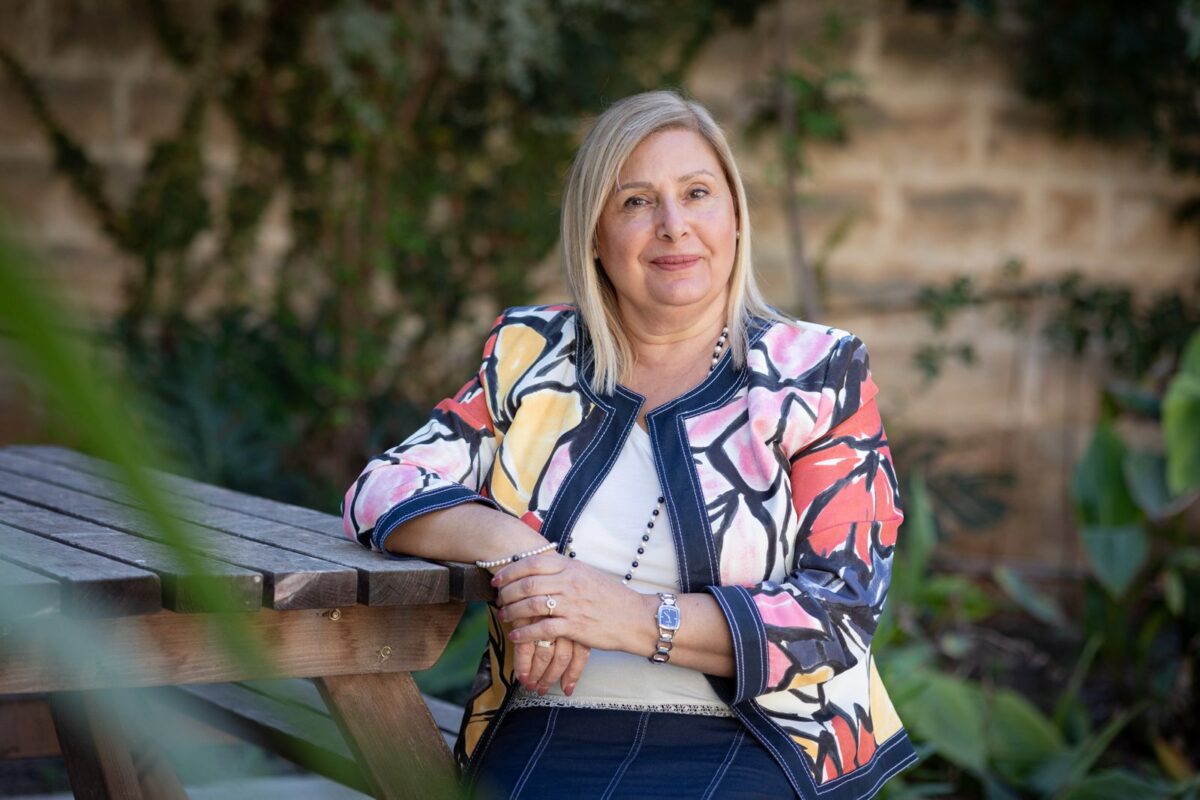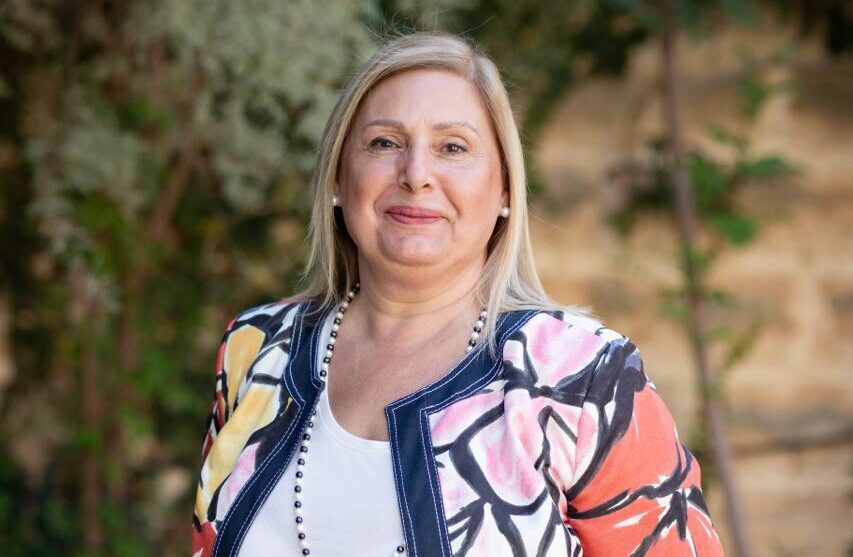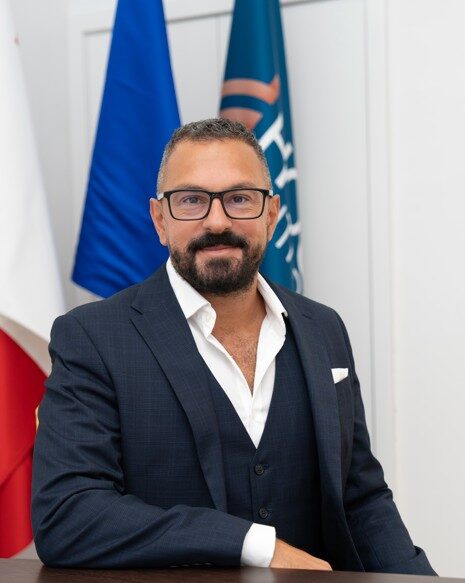Malta Further and Higher Education Authority has an all-encompassing mission to enhance Malta’s educational landscape beyond the national compulsory level. The education regulator (renamed in 2021 from the National Commission for Further and Higher Education) is responsible for issuing licences to educational entities intending to deliver accredited courses (excluding language schools which are separately regulated by the Ministry of Education). MFHEA’s ethos is to ensure the highest education standards and empower individuals with “the right skills to follow their dreams and make the future happen”. In pursuit of this goal, the authority’s guiding principles are ambitious and its work is comprehensive, as CEO Dr Rose Ann Cuschieri details.
A key area of focus is furthering Malta’s global standing in terms of accreditation. Dr Cuschieri highlights “in the aftermath of Brexit, many international entities – including those based in non-European territories such – are increasingly turning to MFHEA for their accreditation, thanks to Malta’s English proficiency and educational reputation”.
Adherence to European education standards is a critical aspect of strengthening the country’s international competitiveness. In line with the educational policies of the European Higher Education Area (EHEA), MFHEA has spearheaded numerous initiatives such as the 2007 introduction of the Malta Qualifications Framework (MQF) “which moves in parallel with the European Qualifications Framework (EQF). MQF is key to aligning Malta’s educational standards with those in Europe and beyond,” Dr Cuschieri emphasises. All courses inspected by MFHEA for accreditation are done so in accordance with the MQF’s different levels, which indicate the degree of knowledge, skills, and competencies that prospective holders of a particular qualification will gain. The course credits that students emerge with are specified by the European Credit Transfer System and ascend in complexity (with the maximum of eight relating to doctorate level).

Ultimately, such frameworks support international educational comparability and facilitate individuals’ academic as well as professional advancement and mobility, thanks to recognition of their academic programmes across the EHEA. Dr Cuschieri shares that “MFHEA’s international profile is boosted by its active role within the ENIC-NARIC networks”. Established by UNESCO and the Council of Europe, ENIC is a network of academic recognition centres that promotes the recognition of qualifications Europe-wide. Meanwhile, NARIC is the network established by the European Union to perform this function solely for EU member states. This duty is carried out by Malta Qualifications Recognition Information Centre (MQRIC), the designated ENIC-NARIC centre for Malta which is now incorporated into the MFHEA.
MFHEA is also working on implementing recognition of prior learning (RPL) to enable individuals to gain formal qualifications based on their work experience. Additionally, the authority has removed the distinction between vocational and academic qualifications, putting bachelor’s degrees in vocational subjects on an equal footing with those in academic subjects.
The most foundational aspect of MFHEA’s work is its emphasis on quality assurance, evident in the sheer breadth and thoroughness of the processes it conducts to maintain high standards of further and higher education. “Quality assurance is central to our mission. Without it, we lose credibility in the global education landscape,” the CEO shares. Educational entities are eligible for licences from the authority based on their compliance with 11 accreditation standards, focusing on institutions’ operational and organisational capacity: strategic management, governance, quality management, integrity, teaching staff, programme design, student-centred learning, support services, learning resources, research, and institutional cooperation.
All courses proposed by institutions are also subject to a quality assurance process, involving multiple cycles of evaluation in which entities’ detailed applications are expertly reviewed by a committee of evaluators assessing programme content, module structure, delivery methods, learning outcomes and more. Furthermore, after successfully securing accreditation, entities receive rigorous spot checks aimed at confirming delivery of the promised course. Finally, MFHEA conducts institutional audits every five years for the renewal of entities’ licences based on a series of stringent European Standards and Guidelines set by the European Association for Quality Assurance in Higher Education (ENQA).
Established in 2000 as the designated stakeholder organisation of quality assurance agencies in the EHEA, ENQA maintains and enhances the quality of European higher education. The association acts as the major driving force for quality assurance development across all the signatory countries of the Bologna Process (itself established in 1999 to foster mobility, comparability, and recognition of qualifications across European countries – resulting in the creation of the aforementioned EQF). Actively involved over the years in ENQA’s various initiatives, MFHEA is now working towards full membership, as a seal of approval signalling its continued commitment to high educational standards. The authority’s first ever hosting of the annual ENQA General Assembly, in Autumn 2024, was a “milestone moment” further showcasing the regulator’s continued reinforcement of European educational quality assurance. MFHEA also plays an active role in the Bologna Follow-up Group, supporting the various strategies decided by the Bologna Process, another example of the serious effort to elevate Malta’s education sector on the international stage.
A major driver of MFHEA’s general philosophy is the encouragement of lifelong learning and promotion of an inclusive approach to education, expanding opportunities for adult learners. Social dimension initiatives, targeting non-traditional learners and ensuring equitable access to skills improvement are all essential, Dr Cuschieri states. “Our goal is to make education truly accessible to everyone, regardless of age, background or social status. Society is evolving and employment is more fluid because ‘a job for life’ no longer exists, so people must be versatile. Lifelong learning is therefore vital and educational opportunities must be available at all stages of life.” Dr Cuschieri also highlights the need to reduce dropout rates among younger adults: “we need to promote course retention and be mindful of marginalised groups who may struggle to complete their studies.”

Meanwhile, the advent of online learning poses challenges for “maintaining quality and personal engagement with students,” MFHEA’s CEO reveals. Additionally, as “AI is undeniably here to stay,” MFHEA is exploring regulation that balances the continuity of high-quality digital learning with vigilance regarding the ethical considerations surrounding emerging technologies. The authority is involved with the Council of Europe’s ethernet programme and is planning to release guidelines for AI integration in education and responsible approaches to digital teaching.
Perhaps the most significant project in MFHEA’s overarching mission is its instigation of the National Strategic Action Plan for Further and Higher Education 2030, a document that lays out an extensive roadmap for Malta’s future growth, sustainable development, and resilience in a rapidly changing society. The plan identifies seven core strategic pillars, specifying the relevant action plans and recommendations regarding each: Joined-Up Policy Design and Governance, Exploiting Emerging Opportunities, Enhanced Educational Attainment, Retention and Completion, Robust Quality Assurance and Transparency, Improving the Relevance Of Teaching, Learning and Research, Widening Participation and Adult Learning, and Strategic Approach To Internationalisation and Mobility.
It is the result of an extensive public consultation, initiated in 2023, with educational establishments and organisations outside the sector, including the Chamber of Commerce and Chamber of SMEs. “We believe a multi-sector, unified approach is integral to the country’s education policy and diverse stakeholder involvement is key to progress,” Dr Cuschieri says on the reason behind the wide-ranging input. Working groups are being set up to ensure effective implementation with progress reviews planned every two years to take stock during the NSAP’s six-year rollout.
As for the future, Dr Cuschieri says MFHEA will continue to foster innovative advancements and knowledge exchanges, supporting institutions’ collaborative research projects for the betterment of the country’s higher education sector. The authority’s long-term vision revolves around prioritising the student experience, ensuring that all initiatives and standards ultimately serve students’ interests. “If we keep student needs at the forefront of everything we do, the rest naturally follows – quality, technology, and a strong reputation.”
Ferrari unveils ‘Luce’: Its first fully electric supercar set for 2028
Pricing is anticipated to sit well above €500,000
Malta’s trade deficit narrows as import shifts and export rebalancing continue in 2026
Over the full year, Malta’s trade deficit narrowed by €444.1 million compared with 2024
Thinking of housing as part of an urban system: what Malta can learn from Singapore’s public housing
Five lessons we can take from the nation twice the size of Malta






